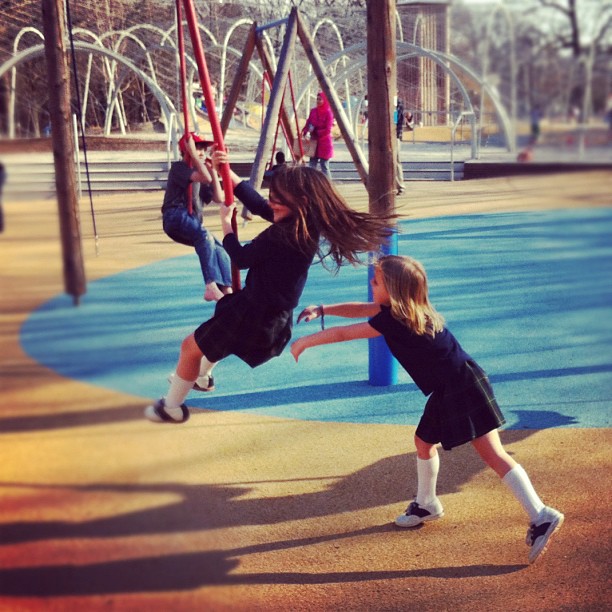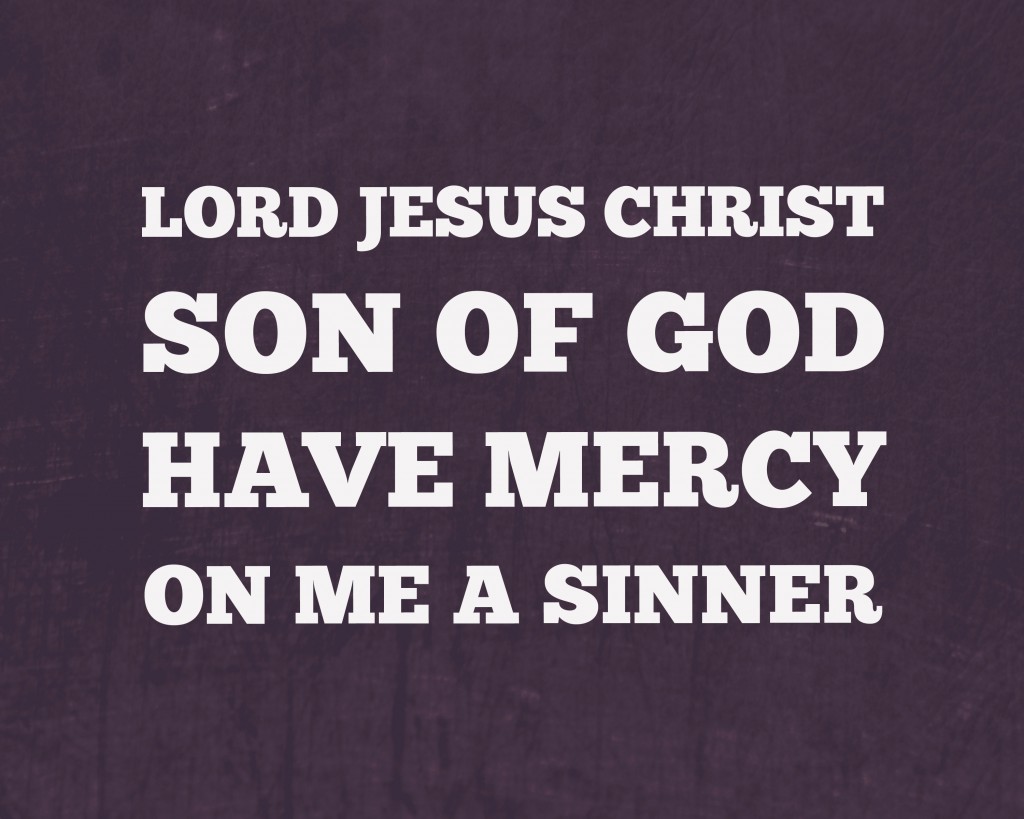![Memphis Skyline HDR [Mantiuk]](http://farm3.staticflickr.com/2244/2041912158_3431bcefda.jpg)
photo by flickr user exothermic.
Christianity Today’s This is Our City project released a five-minute documentary this week entitled “Marking the Place of Sin and Grace: The Meaning of Our City Monuments” – I’d highly recommend you watch it as soon as you are able.
The city of Richmond is used as an example of how Christians can work for the transformation of their cities, redeeming places of past sin and remembering them with grace. It is especially relevant to those of us who live in the South, but there is something to learn regardless of which city you live in.
I am a city person. I recognize that not everyone is wired that way. But this short film reminded me of one of the reasons I love cities. Cities have a story, both a history and a hope for a future. In that way, a city is inherently dynamic and organic, even before you consider the liveliness of residents living in close proximity.
America’s cities often have Christians as part of their stories, founders and leaders who made the city great. Many Christians also contributed to the decline of their cities by neglecting them in time of need and leaving cities for the suburbs. And so, it is redemptive and moving to me to see Christians engage the city by choosing to live, work, worship, start schools and raise children in an urban context.
In Birmingham, we lived about six blocks from one of its most famous monuments, the statue of Brother Bryan at Five Points, the cultural center of the city. James Alexander Bryan was a Presbyterian minister known for his tireless advocacy on behalf of the poor and marginalized, his giving spirit and his fervent prayer life. He eschewed titles and preferred for everyone to call him Brother Bryan.
During his fifty-year tenure as the minister of Third Presbyterian in Birmingham’s Southside, Bryan embodied the parish mindset, serving everyone from prisoners to prep school students with dignity and care. Halfway through his ministry, the Birmingham Age Herald wrote of Bryan, “we who have watched his footsteps see the tracks which he has left among the desolate and distressed.” He founded two soup kitchens and lived just long enough to see a dream fulfilled when Birmingham’s first homeless shelter opened. It is named Brother Bryan Mission in his honor.
This generation of urban Christians may feel like pioneers, but we stand on the shoulders of giants. Our cities were known, loved and oftentimes even built by great men and women who lived out the gospel, day in and day out. If you look hard enough, you can find evidence of their love that still remains.
When we moved to Memphis last summer, a new friend urged me to read about the city’s yellow fever epidemics to understand Memphis better. In the summer of 1878, the epidemic was so powerful that over half the population left the city in a matter of days. But many clergy members, Protestant and Catholic, chose to stay behind ministering to the sick and dying, caring for both bodies and souls. They also served hundreds of newly orphaned children.
Over 5,000 people died of yellow fever in Memphis in a few months’ time, and numbered among them were many pastors as well as nuns from both Catholic and Anglican orders. When I pass the great stone churches of downtown Memphis, I am reminded of their stories, told in telegrams and journals and by witnesses to their acts of love and mercy. Like the story of Sisters Constance and Thecla, who refused to lie down when they realized they had the fever, knowing the beds would have to be burned if they died, and preferring to save the mattresses for the comfort of others. I remember the incarnational ministry of each one who stayed, acting as the hands and feet of Jesus to those who were too poor or unhealthy to flee Memphis for safety.
These examples of love and mercy are an encouragement to all of us, and Christians are needed everywhere to live out our faith among their neighbors, with love and vulnerability. But right now, there is a particular need for Christians to work in cities, binding up broken places in the name of Christ. There are fewer professing Christians in most cities than in the suburbs, and more work to be done.
We should all delight in seeing neighborhoods revive and thrive. Urban revitalization is trendy inside and outside the church, but Christians can play a crucial role in ensuring that gentrification is done with justice, so that all residents experience the benefits of a neighborhood’s improvements.
As for our family, we are still learning what it means to be Memphians and a part of this city’s particular story. The more I understand its past, the greater my hopes for its future. I am encouraged by how many Christians here love this city and how much redemptive work is already being done: creative, innovative, community development. It is an exciting place to be, a place where working for the shalom of the city feels right, knowing that the labors of Christians in Memphis today is leaving evidence of Christ’s love and grace that will encourage the next generation and may even shape the story of Memphis.
(I highly recommend a book I finished this month called Triumph of the City if you are interested in why cities are so important from a sociological and economic standpoint. Even if you aren’t called to live in an urban neighborhood, from its completely secular perspective, it might convince you of why urban ministries and church planting efforts are so crucial for the future of the church and worthy of support and prayer.)

![Memphis Skyline HDR [Mantiuk]](http://farm3.staticflickr.com/2244/2041912158_3431bcefda.jpg)

